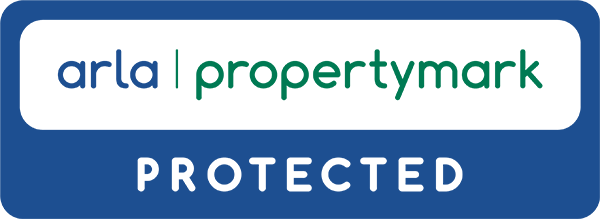Renters' Rights Bill Published
The Labour Party introduced the Renters’ Rights Bill into Parliament today (11 September 2024) for its ‘first reading’.
The Renters' Rights Bill has received it's first reading in parliament today. It's Labour's version of the Conservative’s Renters (Reform) Bill which ran out of parliamentary time due to the election being called early.
The Renters’ Rights Bill has many similar elements to the Conservative Renters (Reform) Bill, including the abolition of Section 21 no-fault evictions and the inclusion of pets in rental agreements. However, Labour has also introduced new reforms into its bill, including extending Awaab’s Law, which requires social landlords to address mould and damp issues within 14 days, to the private rental sector, as well as giving tenants more power to end bidding wars.
The bill is due to receive more detailed scrutiny and debate during its second reading which will occur after Parliament returns from recess on 7th October 2024.
When will the Renters’ Rights Bill become law?
The Renters’ Rights Bill has just had its first reading, and will need to progress through both the House of Commons and the House of Lords before it can become law. It's likely to pass through much quicker than the Renters (Reform) Bill, due to it being a Labour manifesto commitment and the party’s large parliamentary majority.
Labour's Housing Minister, Matthew Pennycook wants to have the new tenancy system in place within the first half of next year or by summer at the latest.
Abolishing Section 21 ‘no-fault’ evictions
The Renters’ Rights Bill aims to finally abolishing Section 21 evictions, commonly referred to as ‘no-fault’ evictions, increasing tenant security and stability. The abolition will apply to both new and existing tenancies, providing immediate protection to private renters.
However, one concern is whether the courts will have the resources to handle the expected increase in cases. So far, there has yet to be any mention of reforms to the judicial system to address this issue.
Tenants’ rights and protections
The Renters' Rights Bill aims to empower tenants by allowing them to challenge rent increases and end rental bidding wars. Landlords and letting agents will be legally required to publish an asking rent and will be banned from accepting offers above this price. Landlords will also be limited to raising rents once a year, and only to the market rate.
Deputy Prime Minister Angela Rayner stated that this element of the bill is to benefit tenants: “Most landlords act in a responsible way but a small number of unscrupulous ones are tarnishing the reputation of the whole sector by making the most of the housing crisis and forcing tenants into bidding wars.”
Pets in lets
The Renters’ Rights Bill will give tenants the right to request a pet both before and during a tenancy and will ensure that landlords must consider and cannot unreasonably refuse a tenant’s request for a pet. However, landlords will be able to request insurance to cover potential damage from pets if needed.
Decent Homes Standard
The Renters' Rights Bill introduces a Decent Homes Standard to ensure that all private rental homes are safe and hazard-free, addressing the high number of substandard homes in the sector, which will be the first time there will be a standard for the private rental sector. Landlords who fail to address any hazards identified could be fined up to £7,000 by local councils and may face prosecution for non-compliance.
Awaab’s Law
Awaab’s Law has already been introduced into the social housing sector as part of the Social Housing (Regulation) Act. Now the Renters’ Rights Bill will extend this law to apply to the private rental sector. Awaab’s Law will mean that landlords must follow strict timescales to inspect and repair hazards, such as damp and mould.
Digital private rented sector database and property ombudsman
A new digital database will provide tenants with crucial information to make informed decisions when entering new tenancies. It will also help landlords and agents stay compliant, and councils will be able to focus enforcement efforts where they are most needed. The bill also introduces a new Property Ombudsman, offering a fair and impartial resolution service to settle disputes without the need for court involvement.
Illegal for landlords to discriminate against tenants who receive benefits
The Renters' Rights Bill outlaws blanket bans on tenants with children or those on benefits, ensuring fair access to housing. This is a key priority for Labour “to ensure fair access to housing for all”.
If you have any questions regarding the bill, what this means to you as a landlord or want any further information, please contact one of our specialist lettings team via our contact form or call 0161 511 5339.





